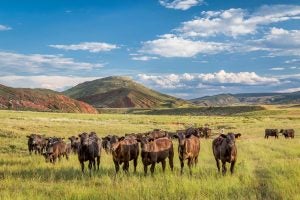The United States and Mexico lead a list of countries with suspended or revoked organic certifications in 2021, but there’s more to the story. The USDA Agricultural Marketing Service National Organic Program handles organic standards and enforcement and recently released the USDA Organic Oversight and Enforcement Update for June 2022.
When farms and businesses violate regulations, the priority is to bring them back into compliance or remove them from the market. In 2021, there were 442 cases in progress, with 53 percent operating uncertified while making organic claims, 20 percent committing fraud, 11 percent with labeling errors, and seven percent with pesticide residue or prohibited practices, according to the USDA data.
Although closed cases were primarily satisfied with voluntary compliance, 22 percent resulted in administrative actions, settlement, civil penalty and appeal, referral for investigation, criminal investigation, and fraudulent certificates.

On a list of 2021 suspended and revoked operations by country, the United States led the list with 43 percent of the total, followed by Mexico. However, the U.S. also accounts for 63 percent of the total count of certified operations. In 2022, United States companies owned about 62 percent of all organic farms and businesses worldwide. In 2019, organic retail sales totaled $61.9 billion.
As of February 2022, 70 specialists were responsible for providing certifier accreditation, industry oversight, enforcement, training, and standards development for organic businesses. As a whole, organic is a production method and doesn’t in and of itself indicate anything about the quality or nutritional value of the products produced or of the sustainability of the land.
»Related: Top 7 myths about organic farming
Livestock producers certainly aren’t exempt. In 2021, NOP issued seven notices of noncompliance. The Organic Livestock Compliance Initiative has a federal surveillance program to verify compliance. Operations are visited based on their risk level, which is assessed based on industry trends, current events, and operation characteristics. Audits review grazing practices, feed, living conditions, animal health practices, and origin.

Anyone who suspects a violation of USDA organic regulations can file a complaint through the NOP’s Online Complaint Portal, by email, mail, fax, or phone.


